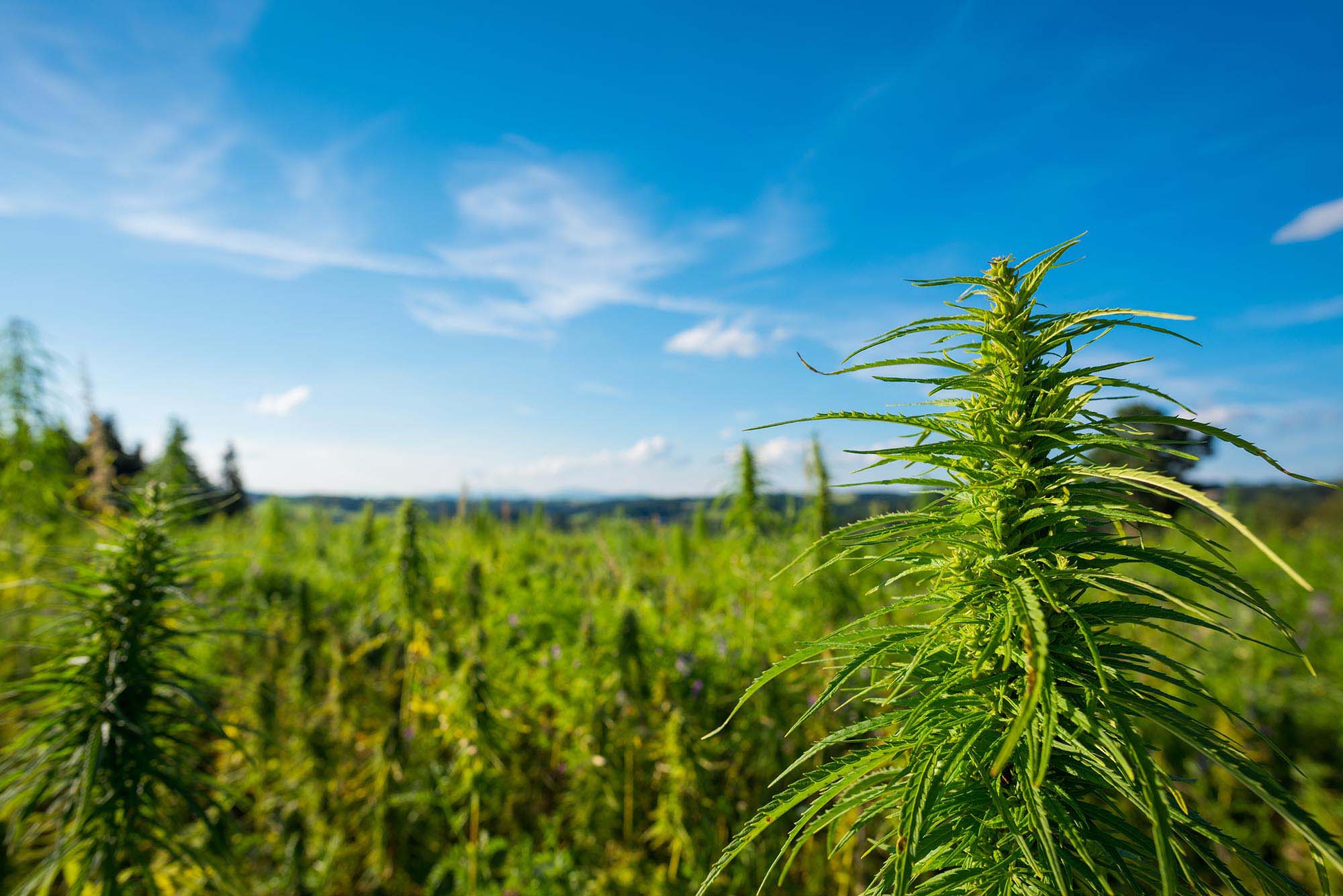
The Importance of Crop Rotation for Soil Health
Crop rotation has been an essential agricultural practice for centuries. Farmers have relied on it to help maintain soil health, increase crop yields, and reduce the risks of pests and diseases. Crop rotation involves alternating the types of crops grown in a field, ensuring that the same crop is not planted in the same location year after year. This practice has several benefits, including improving soil fertility, reducing soil erosion, and breaking pest and disease cycles.
The Drawbacks of Monoculture in Agriculture
While crop rotation has many benefits, monoculture, the practice of planting a single crop in a field year after year, has several drawbacks. Monoculture can lead to soil depletion, as the same crop’s repeated harvest can deplete the soil of essential nutrients. It can also increase the risk of pests and diseases, as these organisms can easily establish themselves in a monoculture environment. Finally, monoculture can harm the environment, as it often requires the extensive use of pesticides and fertilizers to maintain yields.
The Benefits of Using Hemp in Crop Rotation
Hemp is a versatile crop that can be used in a variety of ways, from textiles and building materials to food and medicine. However, one of its most promising uses is in crop rotation. Hemp has several benefits that make it an excellent choice for crop rotation, including its ability to improve soil health, its resistance to pests and diseases, and its ability to remediate contaminated soil.
Hemp’s Ability to Remediate Contaminated Soil
One of the most exciting aspects of hemp’s use in crop rotation is its ability to remediate contaminated soil. Hemp has been shown to be effective in removing heavy metals and other toxins from polluted soil, making it an ideal crop for cleaning up contaminated land.
The Science Behind Hemp’s Soil Remediation Properties
Hemp’s soil remediation properties are due to its unique ability to absorb and store contaminants. The roots of the hemp plant can penetrate deep into the soil, and as it grows, it absorbs toxins such as heavy metals and pesticides. These contaminants are then stored in the plant’s tissues, effectively removing them from the soil.
How Hemp Absorbs Heavy Metals and Other Toxins
Hemp’s ability to absorb heavy metals and other toxins is due to a process called phytoextraction. Phytoextraction occurs when plants absorb contaminants from the soil through their roots and store them in their tissues. Hemp is particularly effective at phytoextraction due to its deep roots and fast growth rate.
Assessing the Effectiveness of Hemp in Soil Remediation
Several studies have demonstrated the effectiveness of hemp in soil remediation. Researchers have found that hemp can remove up to 95% of heavy metals from soil, making it a powerful tool for cleaning up contaminated land. However, the effectiveness of hemp in soil remediation can vary depending on several factors, including the type and concentration of contaminants in the soil.
Hemp’s Role in Sustainable Agriculture Practices
Hemp’s use in crop rotation has several benefits for sustainable agriculture practices. Not only does it improve soil health and reduce the need for pesticides and fertilizers, but it also provides farmers with a new source of income. Hemp cultivation can be profitable, and its use in crop rotation can help farmers diversify their income streams, making them more resilient to market fluctuations.
The Economic Benefits of Hemp Cultivation in Soil Remediation
The economic benefits of hemp cultivation in soil remediation are significant. Hemp can be used in a variety of industries, from textiles and construction to food and medicine, providing farmers with a diversified income stream. Additionally, the use of hemp in crop rotation can increase crop yields and reduce the need for expensive pesticides and fertilizers, further increasing farmers’ profitability.
Challenges and Limitations of Hemp’s Use in Crop Rotation
While hemp’s use in crop rotation has many benefits, there are also several challenges and limitations to consider. One of the most significant challenges is the lack of infrastructure for processing hemp. Additionally, the regulatory environment surrounding hemp cultivation can be complex and time-consuming, making it difficult for farmers to incorporate hemp into their crop rotation plans.
The Future of Hemp in Soil Remediation
Despite the challenges and limitations, the future of hemp in soil remediation looks bright. As more research is conducted, and more infrastructure is developed for processing hemp, its use in crop rotation is likely to become more common. By incorporating hemp into their crop rotation plans, farmers can improve soil health, increase crop yields, and reduce the risks of pests and diseases, making them more profitable and sustainable in the long run.
Recommendations for Incorporating Hemp in Crop Rotation Plans
For farmers looking to incorporate hemp into their crop rotation plans, several recommendations can help ensure success. First, farmers should conduct soil tests to determine if their soil is contaminated and what type of contaminants are present. Second, farmers should work with experts to develop a crop rotation plan that incorporates hemp in a way that maximizes its benefits. Finally, farmers should ensure they have access to the necessary infrastructure and regulatory approvals to grow and process hemp. By following these recommendations, farmers can successfully incorporate hemp into their crop rotation plans and reap the benefits of this versatile crop.


